How to get tax-free childcare for contractors
If you’re a contractor and have children, you can choose to pay for their childcare costs through your limited company. The benefit of this is that it may qualify for tax relief and National Insurance Contributions exemption.
This is great news. According to The Money Advice Service, the average childcare costs for a child under two in full-time nursery is £232.84 per week, or £122.46 per week on a part-time basis.
We discuss the different childcare options available to you and the criteria for claiming tax relief.
Childcare options for contractors

There are several options available. These are:
Childcare Voucher Scheme
From October 2018 no new applications will be accepted onto the Childcare Voucher Scheme. If you are already a member you can continue to receive the vouchers as long as your employer runs the scheme and you remain with the employer (which shouldn’t be an issue as you are the employer and employee of your limited company).
New Tax Free Childcare Scheme
The main difference between the Childcare Voucher Scheme and the new Tax Free Childcare Scheme is that the new scheme is available to all families who meet the criteria laid out. Whereas, the Voucher Scheme is only available to individuals whose employer operates the scheme.
The new Tax Free Childcare Scheme cannot be used in conjunction with the Voucher Scheme and is not available to those who are claiming Universal Credit or Tax Credits. It can, however, be used in line with the 15 hours and 30 hours free childcare schemes.
Further information on the Tax Free Childcare Scheme can be found in our article ‘Changes to Childcare Vouchers – what it means for contractors’ and our post ‘How to claim childcare costs as a contractor.’
Direct Agreement
A Direct Agreement is where your limited company directly pays the childcare costs to a provider and this is then made available to the employee.
To set up a Direct Agreement, you need to come to an agreement what your limited company is willing to pay.
How to claim tax relief

To claim tax relief on childcare costs, it must meet the following criteria:
- Childcare assistance must be provided through a registered provider
- The person claiming must be a parent, have legal guardianship of the child or have parental responsibility
- Assistance is available up until 1st September after the child’s 15th birthday (or 16 if the child is disabled)
- If the provider is a relative, they must be registered and provide childcare to other unrelated children
There are certain costs that do not qualify for tax relief and National Insurance exemptions, these include:
- Cash payments
- Payments made on invoices where the invoice is issued in your name and not the limited company
- Payments for school fees
Examples of costs that do qualify could be payments made to a registered childminder or nursery, or, payments made to an afterschool club that is run on school premises.
To calculate how much childcare qualifies for tax relief, the employer will undertake a Basic Earnings Assessment.
Basic Earnings Assessment
This is carried out when you join a scheme and then annually at the start of each tax year. The finding from the assessment then applies for the whole tax year.
Earnings included in the Basic Earnings Assessment include:
- Basic pay
- Bonuses (if written into a contract)
- Regional allowances
- Taxable benefits
- Shift allowances
Following the assessment, determining how much of the childcare costs qualify for tax relief will depend on the income tax band you fall into.
These are outlined below:
| Rate of Income Tax | Weekly exempt limit | Monthly exempt limit |
| Basic | £55 | £243 |
| Higher | £28 | £124 |
| Additional | £25 | £110 |
Source: .Gov
Want to learn more?
If you have any questions about how to claim for tax free childcare, get in touch with us through our website or give us a call on 01962 867550.
Note: All the information and advice in this blog post was correct at the time of writing.







